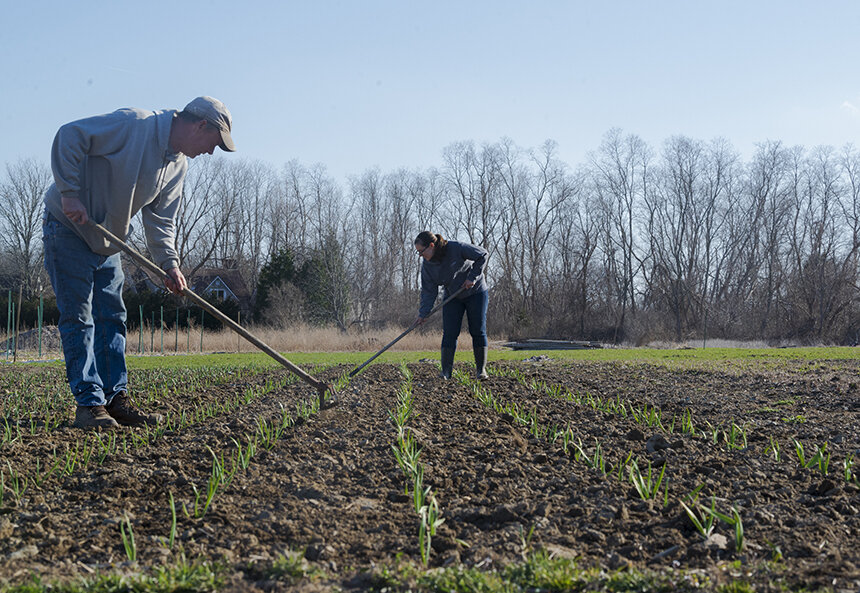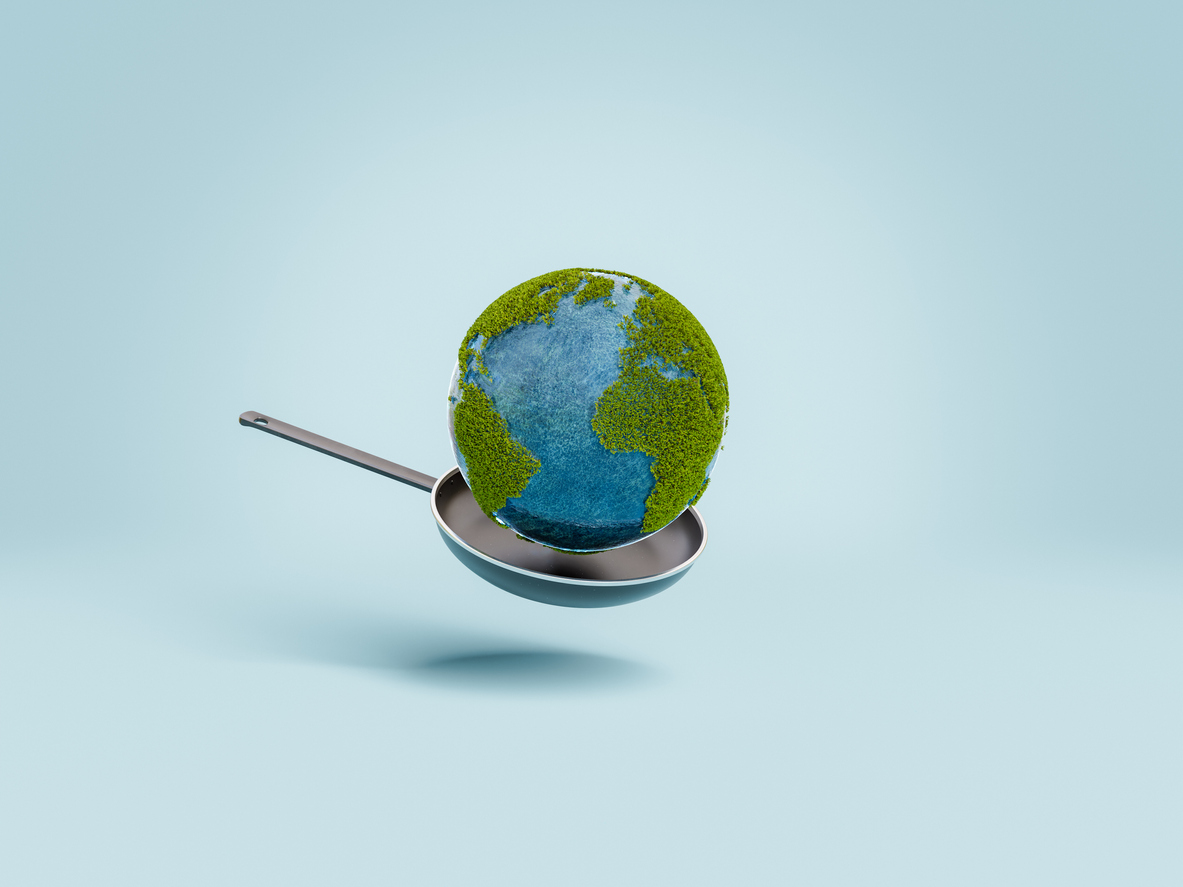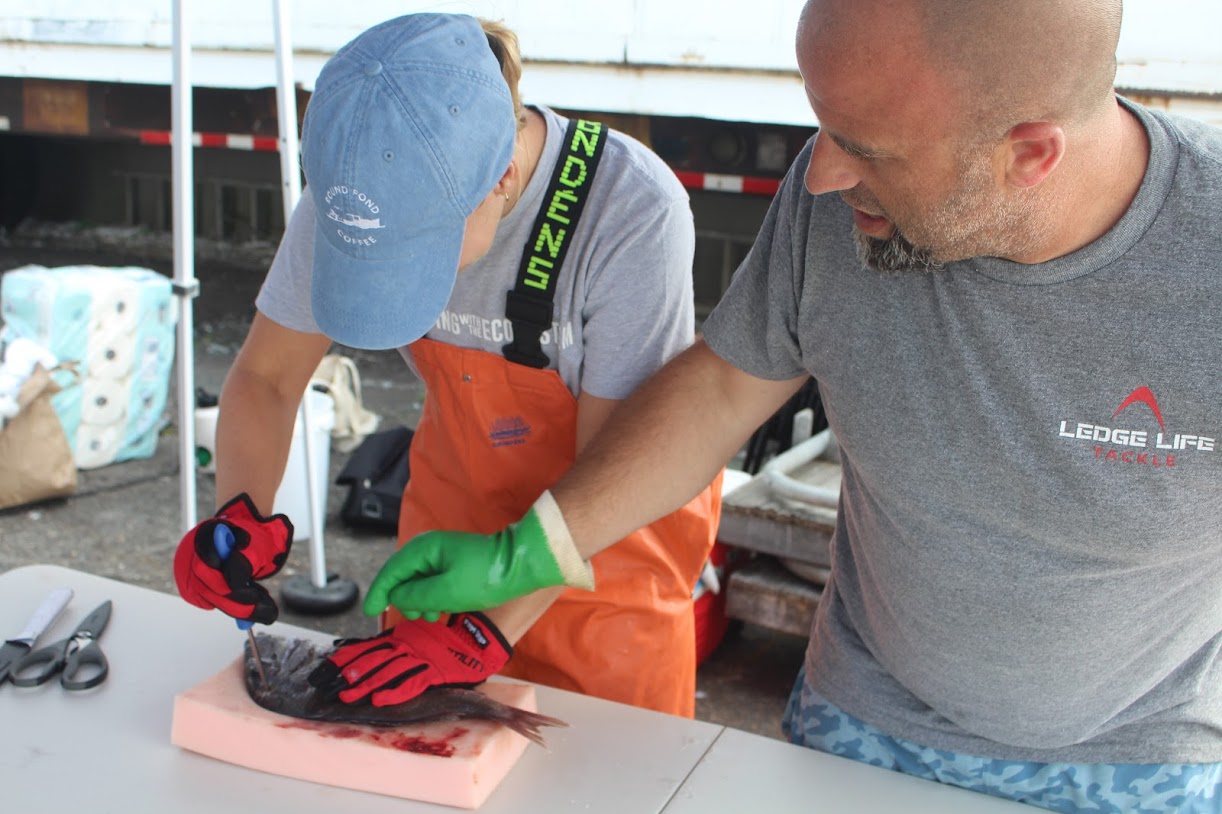Seaweed Farming Takes Root in Southern New England
July 29, 2016
Fifty years ago, Charlie Yarish was fishing on Long Island when he first took an interest in seaweed. Where the fishing was good, he found certain types of seaweed, and where it wasn’t so great, other types of seaweed gathered.
A spark was ignited for the young scientist, and Yarish took this excitement all the way to Dalhousie University in Halifax, where he was invited to participate in a three-month intensive field research program as an undergraduate. Yarish set out to answer all of his questions about this beautiful, diverse vegetation by growing it. Ultimately, the time he spent in Halifax change his life forever.
Today, decades of research and experimenting later, Yarish is known as the grandfather of the emerging sea vegetable farming industry in the United States. He is a professor of marine science at the University of Connecticut and runs a seaweed research lab out of the Stamford campus.
There’s really not a lot to argue about when it comes to seaweed farming. It’s good for the environment, good for human health and good for the fisheries economy.
Yarish recognized this early on and saw, that while scientifically possible, no large-scale seaweed production was happening in the United States the way it was in Asia. He set out to change that making it his goal to nurture East Coast kelp farmers by following an “open source” approach.
All new farmers have access to Yarish’s knowledge and research. In return, Yarish asks that each farmer make his or her products available to his research lab, so that he can continue to unravel the mysteries of seaweed and figure out the part it plays in marine biology.
Yarish puts it simply, “Sea vegetable farming has a great environmental benefit, while also providing a valuable commodity that is nutritionally beneficial.”
Environmentally friendly
Seaweed farming is as much about coastal resource management as anything, and the environmental benefits are central to Yarish’s work. As former science co-chair of the Long Island Sound Study Technical Advisory Committee, Yarish showed that similar to shellfish, seaweed is a nutrient bioextractor, meaning that seaweed removes harmful nitrogen, phosphorus and carbon from the water.
Kelp farming also doesn’t require fresh water. When it comes to farming kelp, all that is needed is already there and the outcome is that the marine ecosystem is left healthier than how it was found.
Health benefits
The most common farmed kelp species in New England is the sugar kelp. Winged kelp and horsetail kelp are other species that are in experimental phase. These varieties — and all seaweeds — are high in the essential minerals, trace elements and vitamins that we often don’t get from our diets.
In fact, in the United States, much of the food that we eat is nutrient poor, and our health is suffering because of it. Sea vegetables concentrate the minerals from the seawater, making them some of the most nutritious plants on earth. Adding just a few grams of dried seaweed to your meal daily can have a huge impact on overall health.
Fisheries economy
There are those who believe the future of fishing is aquaculture. “Kelp farming is giving people from the fishing industry the opportunity to have new, viable careers,” Yarish said.
The technology of sea vegetable farming is rather simple. Reproductive plants release their spores and are nurtured through their juvenile stages in a laboratory. By day 35, the spores are the size of a pinhead, at which point the “seedstock” grow on a special string and are unraveled into the sea on long lines. From there, the kelp grows for five to six months.
Harvest season is in the spring, and from there are several ways to get seaweed to market: fresh, frozen, dried and value added. Today, 14 farmers from New York to Maine have seized this opportunity and are operating under licenses from their own state. Yarish is connected to each of them.
“I pass on all knowledge to the new farmers and that is essential to the success of our industry,” he said.
One key farmer to Yarish is Bren Smith, owner of Thimble Island Ocean Farm and executive director of GreenWave in New Haven, Conn. As a lifelong commercial fisherman, Smith was looking for solutions to help an ancient industry that was failing him and became the face of Yarish’s research.
Smith developed what he calls 3D Ocean Farming, a farming model that includes seaweed and shellfish and addresses issues of the environment, health and the economy. At GreenWave, part of Smith’s mission is to help new kelp farmers. The Farm Startup and Farmer Apprentice Program provides assistance with finding grant money, permitting, training and essential gear. GreenWave also is creating restorative hatcheries, where seeds are produced for sea vegetable farming, and is building seafood hubs where farmers can process and produce foods for distribution.
GreenWave is one of a few locations in New England that owns a “kelp cutter,” a seaweed processing machine that Yarish helped bring to the United States from a Korean manufacturer. The kelp cutter has significantly improved the amount of time it takes to get sea vegetables to market, and is an essential piece of equipment for large-scale productivity.
Currently, many if not most of the kelp farmers in southern New England use the cutter at GreenWave, according to Yarish. Maine Fresh Sea Farm also has one. and Yarish’s goal is to “sprinkle the cutter all over the East Coast as the industry demands it.”
He said the infrastructure is there for a seaweed boom, and like many food trends much of its success lies in the hands of chefs. When chefs begin experimenting with sea vegetable flavors and pushing people’s pallets, mainstream enthusiasm will follow.
For instance, Providence chef Jason Timothy of Laughing Gorilla Catering has been experimenting with kelp from the Point Judith Kelp Co. this summer.
Yarish has had a full career but he’s not done yet. Now that the foundation has been laid and kelp farming is taking hold on the East Coast, he is busy looking 10 or 15 years ito the future and making plans for better protecting the planet’s ocean environments. Yarish’s attention has turned toward figuring out how seaweed and ocean biomass will be a solution to future energy problems.
Editor’s note: The author is a partner in Laughing Gorilla Catering.



